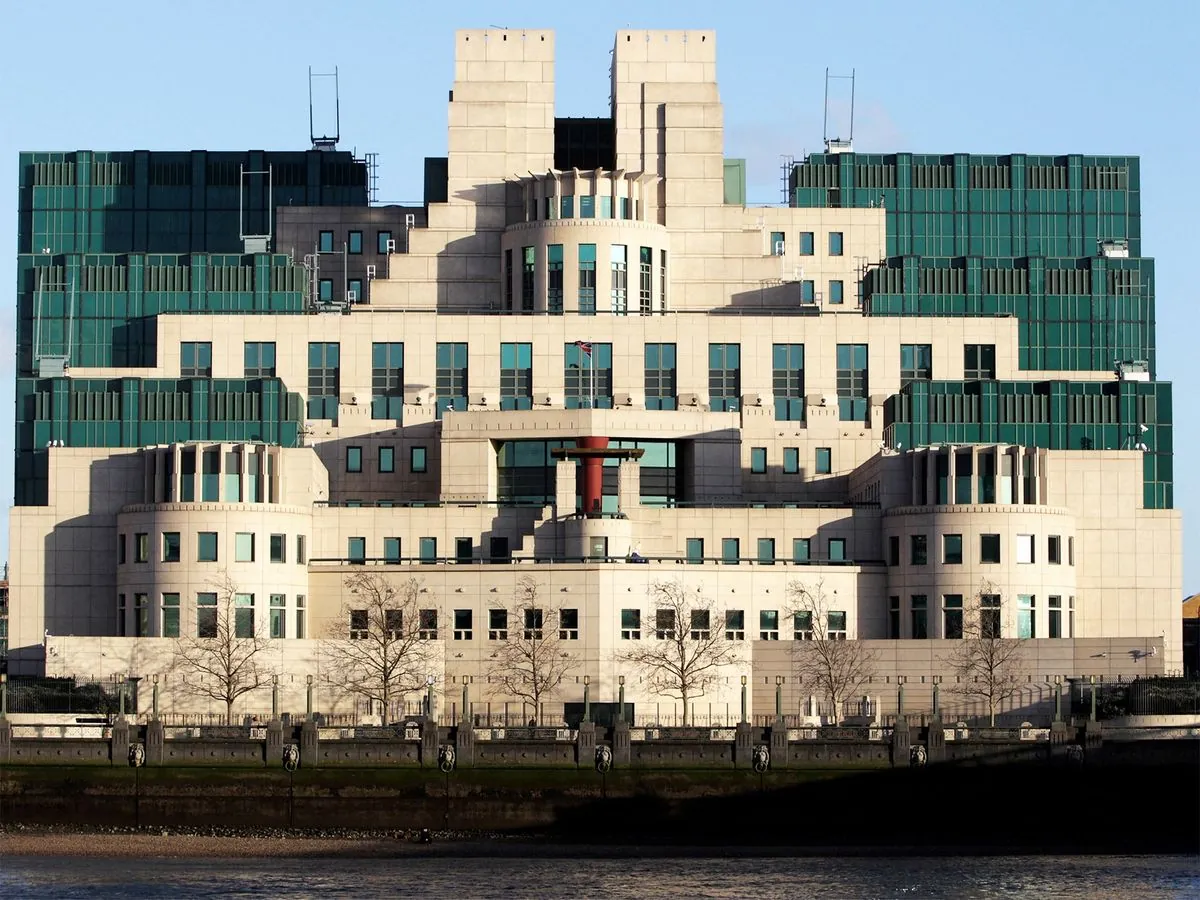Ex-Official Who Lost Secret Files Joins UK Defense Review Team
Former civil servant Angus Lapsley, who misplaced classified documents in 2021, has been appointed to assist in the UK's Strategic Defence Review, sparking controversy and raising questions about security protocols.

In a surprising turn of events, Angus Lapsley, a former civil servant who misplaced highly classified documents at a bus stop in Kent in 2021, has been selected to participate in the UK's Strategic Defence Review. This appointment has raised eyebrows and sparked debate about security protocols within the government.
The Strategic Defence Review, described as a "root and branch" examination, aims to assess and bolster Britain's security capabilities both domestically and internationally. The review comes at a critical time, as the global geopolitical landscape continues to evolve rapidly.

One of the key concerns surrounding the review is the potential scaling back or cancellation of major military projects. These include the Tempest program, a sixth-generation stealth fighter aircraft initiative, and a new "drone killer" weapon that utilizes radio waves to neutralize unmanned aerial vehicles. These projects represent cutting-edge military technology and their fate could significantly impact the UK's defense capabilities.
The debate over defense spending has also taken center stage. Former Prime Minister Rishi Sunak had pledged to increase defense expenditure to 2.5% of GDP by 2030, up from the current 2.2%. However, with the change in government, the timeline for this increase remains uncertain. Sir Keir Starmer, the current Prime Minister, has expressed support for the 2.5% target but has not committed to a specific timeframe.
Lapsley's appointment has drawn criticism from various quarters. The documents he lost in 2021 contained sensitive information about British forces in Afghanistan and Royal Navy operations near the Crimean Peninsula. Despite this security breach, Lapsley faced minimal consequences and later secured a position as assistant secretary general for defense policy and planning at NATO.
"It is very concerning that Lapsley has been appointed to such a senior position within Nato and could now have access to highly classified information again."
The review team, led by Lord Robertson, a former NATO Secretary General, includes experts such as Fiona Hill, a former advisor to US President Donald Trump, and Gen Sir Richard Barrons. Other notable appointees include Sir Jeremy Quin, a former Conservative defense minister, and Grace Cassy, who served as a national security adviser to former Prime Minister Sir Tony Blair.
Lord Robertson emphasized the importance of the review, stating, "As the threats facing Britain continue to evolve, we must be clear-eyed about the defensive capabilities we need for the future." He expressed confidence in the team's diverse experience across defense and security sectors.
While the government has defended the appointments, citing the team's extensive experience, the controversy surrounding Lapsley's inclusion highlights the ongoing challenges in balancing expertise with security considerations in sensitive defense matters.
As the Strategic Defence Review progresses, it will undoubtedly play a crucial role in shaping the UK's military and security strategies for years to come. The outcomes of this review will be closely watched by allies and potential adversaries alike, as Britain seeks to navigate an increasingly complex global security landscape.


































